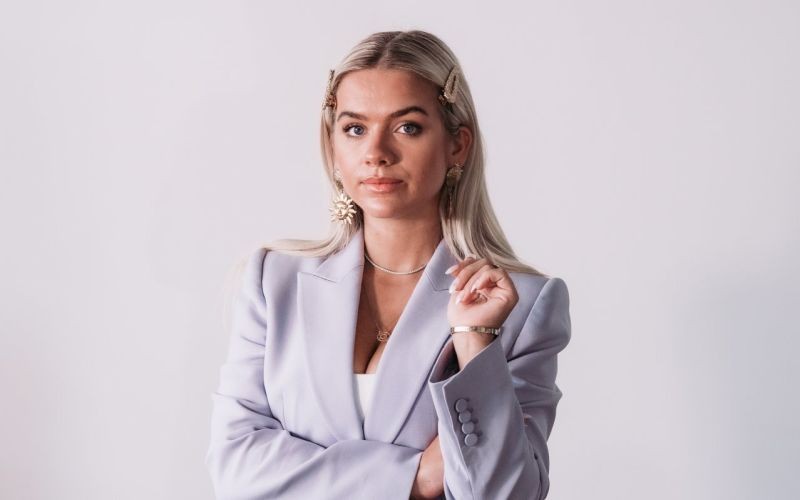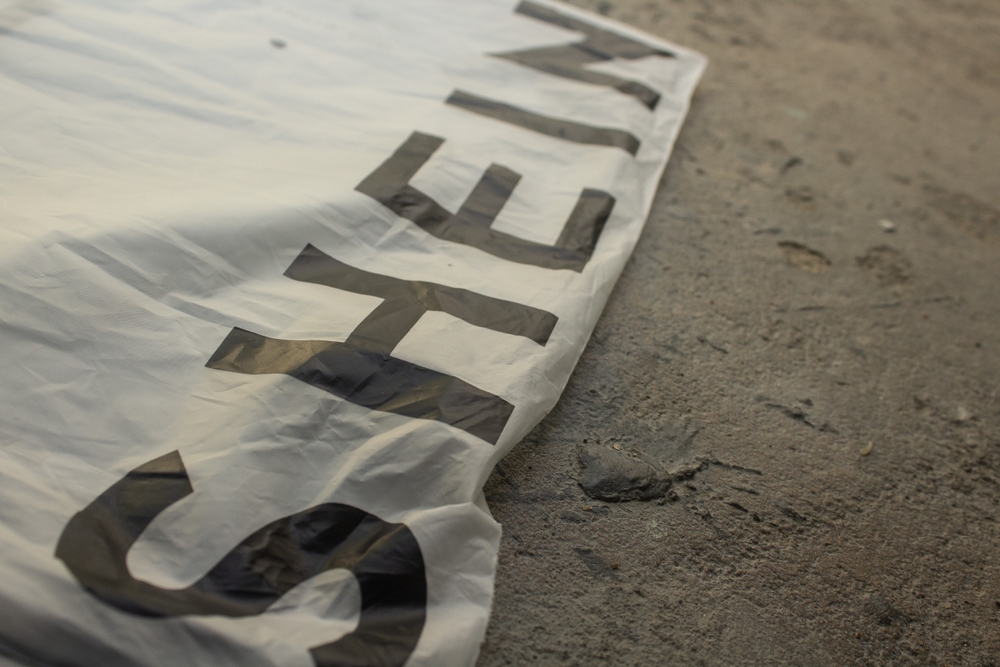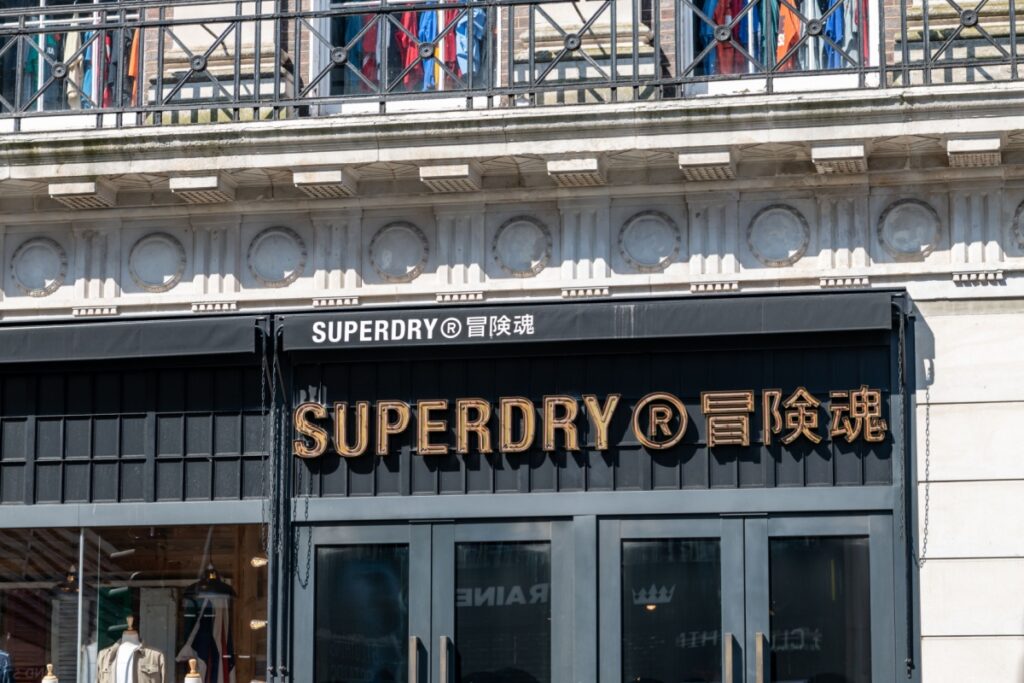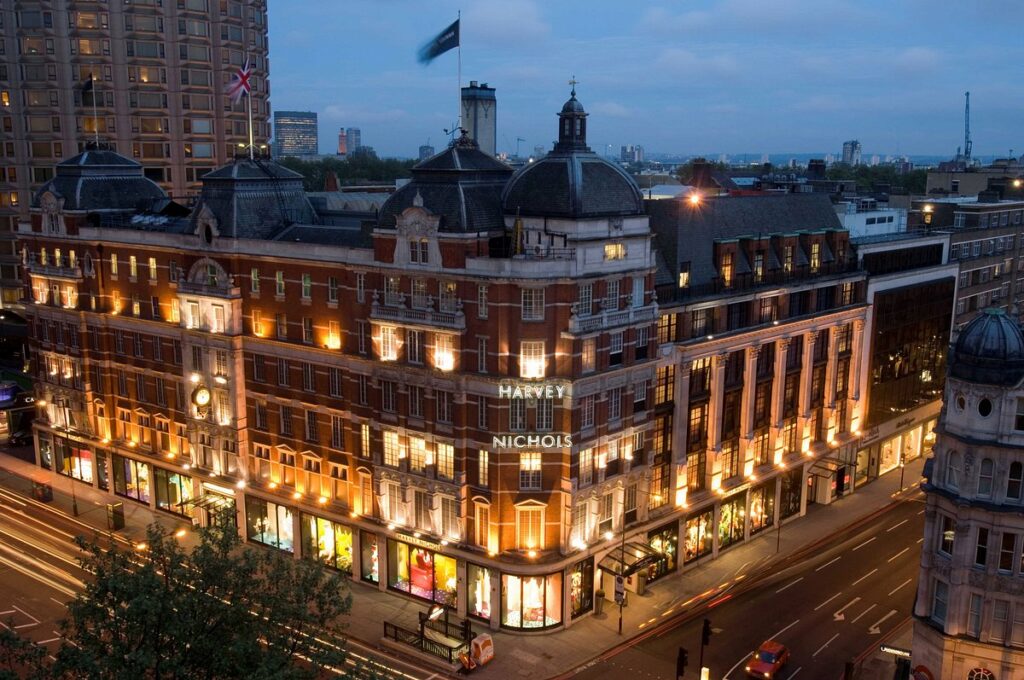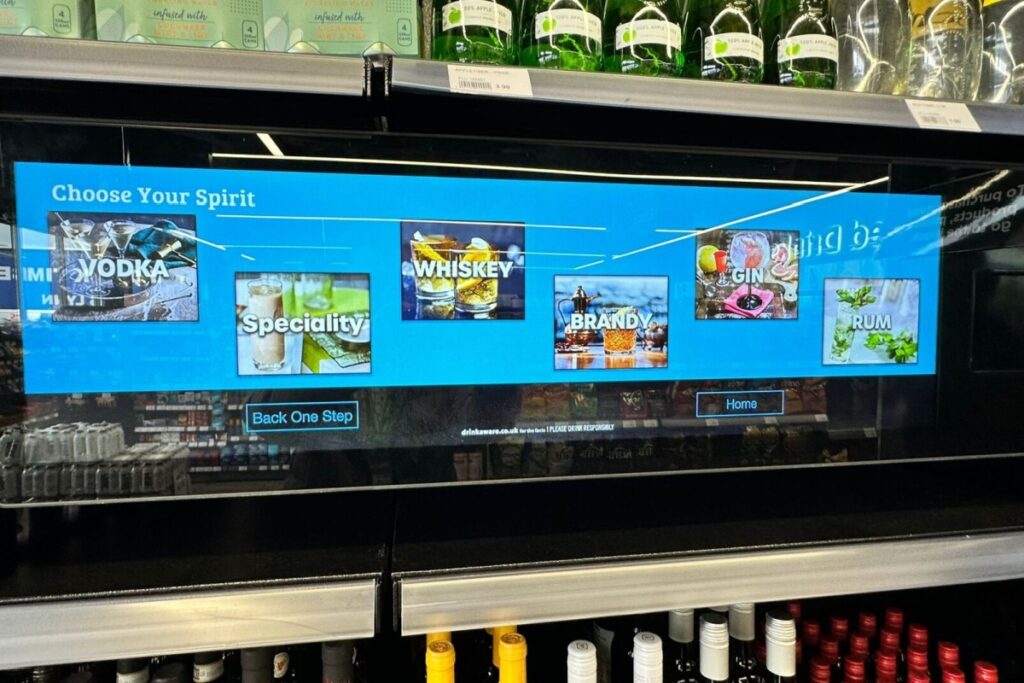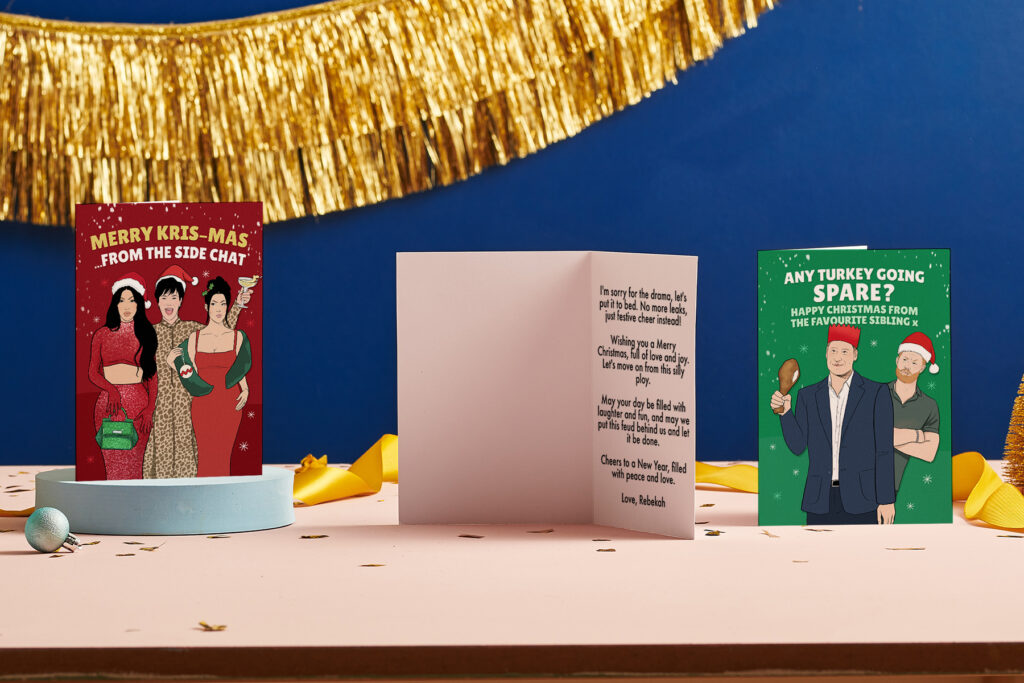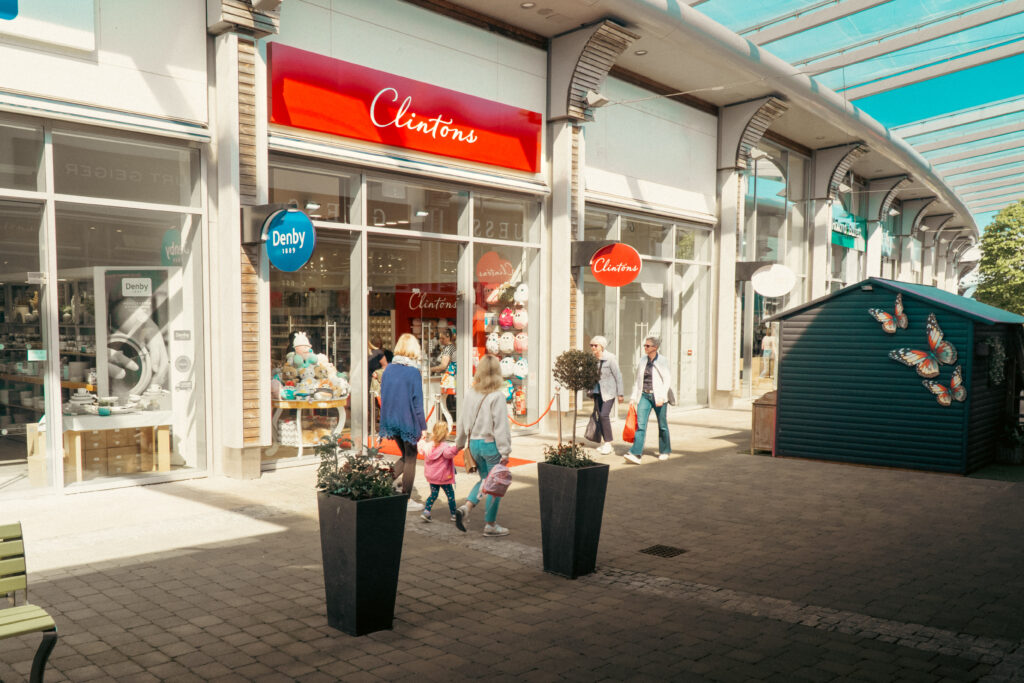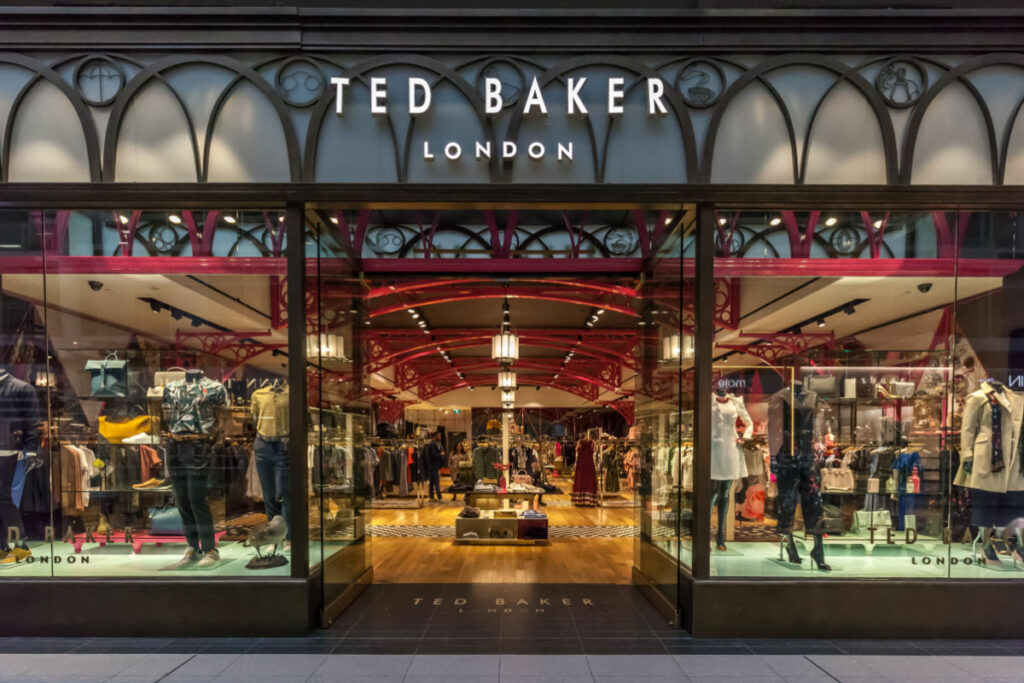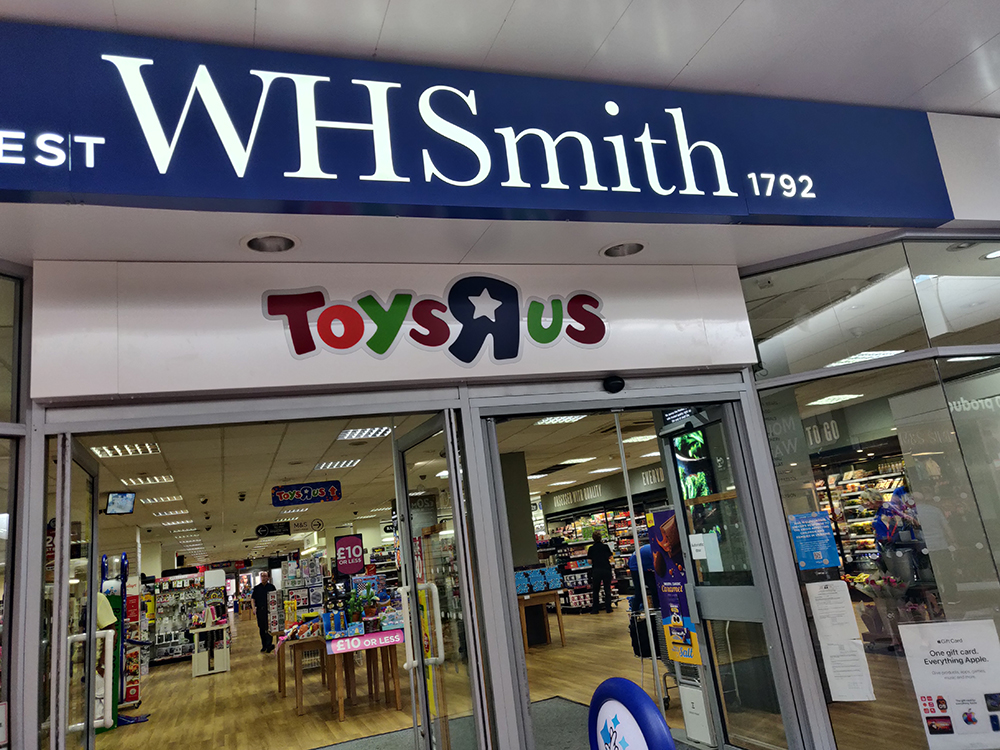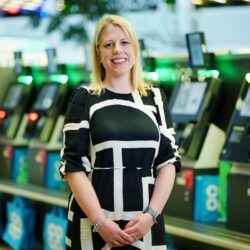Grace Beverley has already founded two successful companies at the tender age of 25 – workout app Shreddy and the sustainable-activewear brand taking both social media – and consumers – by storm: Tala.
Beverley founded Tala in May 2019 and generated sales of £5.2 million in less than a year of trading as it struck a chord with hordes of Gen Z consumers searching for affordable high-performance activewear that was truly sustainable thanks to its powerful influencer marketing strategy.
It’s grown at pace, so much that last year it raised £4.2m in seed funding, co-led by private equity firm Active Partners and venture capital Venrex.
Testament to the impact Tala has made is the roster of investors it attracted during the funding round, which included Deciem chief executive and founder Nicola Kilner and Rapha founder Simon Mottram.
Tala has sustainability, transparency and ethics at the heart of its brand and defines its mission as creating “sustainable and high-performance activewear, without the hefty price tag” with packaging made from upcycled, recycled and natural materials.
Before Beverley launched them, she was a lifestyle vlogger known as GraceFitUK on platforms including YouTube and Instagram, focusing on fitness and veganism. She worked with big brands including Gymshark.
“The shift to social media as a shopping tool whether they’re checking out or not is bigger than it can even be stated.”
Social media has undoubtedly played a big role in Tala’s success with Beveley boasting 1 million followers on Instagram and hordes of users commenting on her every post.
Tala’s very own Instagram has also racked up 345K followers with strong engagement and regular video content showcasing products on a range of different body types.
“The shift to social media as a shopping tool whether they’re checking out or not is bigger than it can even be stated,” she tells Retail Week Live.
In fact, Beverley says she even turns to TikTok to search for products when she’s stood in an actual store to help her know where to start. “I think that is really being done more,” she adds.
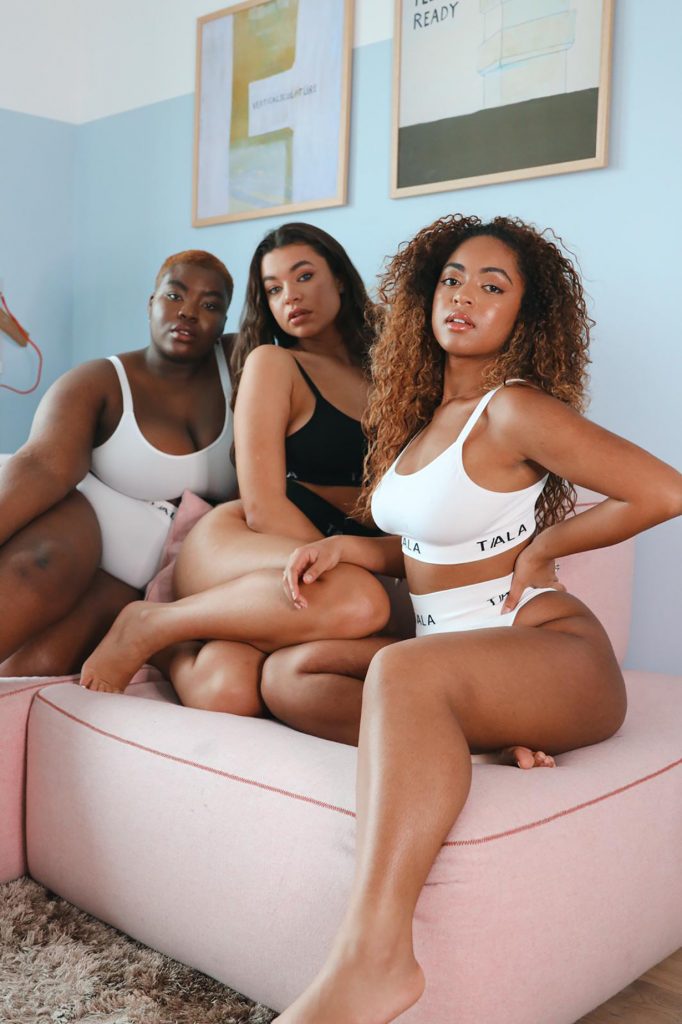
The oxymoronic world of sustainable fashion
Sustainable fashion has become a buzzword in the industry in recent years as consumers become increasingly concerned with environmental matters.
Tala may describe its products as “sustainably-made”, however, Beverley admits that “sustainable fashion as a concept is oxymoronic”.
She says that fashion is about consumption.
“If you’re asking people to consume you’re asking people to be less sustainable,” she explains. “If you are currently buying one pair of leggings a year and you go up to buying five pairs of leggings a year because of us then that’s not more sustainable.”
“Whereas if you go from buying a different pair of leggings which doesn’t tell you about its recycled content and natural fibres or where it’s been made and you’re swapping to us, that’s likely to be more sustainable.”
She explains that it provides “more sustainable options for people currently shopping less sustainable activewear”.
“We’re really trying to disrupt the market of people who might be shopping for brands that I won’t name because I don’t want to get sued, who maybe don’t talk about sustainability that much.”
Tala’s aim is to get shoppers to think a little bit more about the materials which products are made from and where they are made.
“In fashion, there is never ever going to be a full perfect answer about sustainability because it’s always going to be at odds,” she continues, explaining that Tala simply tries to be transparent about what they are and are not doing.
Beverley says clearly presenting information about how and what products are made of is crucial.
Tala is committed to becoming ever more sustainable. Beverley says “there’s a constant evolution” adding that they always try to be “in the know about new technologies that are coming out with new properties or fabrics”.
A bigger Tala
Another priority for Beverley is to make sure that Tala has an expansive product range.
“Without breadth and choice of product in terms of colours, design and sizing we don’t believe that people would fully switch over to us,” she says.
Back in February Tala extended its sizing to include 2XL to 4XL in an effort to boost the accessibility of its products.
“If you’re not able to provide clothes that fit people well, fast-fashion is the only option in that scenario.”
Beverley points out that 50% of British women are above a size 16 yet only 8% of fashion brands offer plus-size options.
“You can’t ask people to shop more sustainably if you’re not providing them with options. You have to provide sizing or you’re not allowing that mission to happen.”
“If you’re not able to provide clothes that fit people well, fast-fashion is the only option in that scenario.”
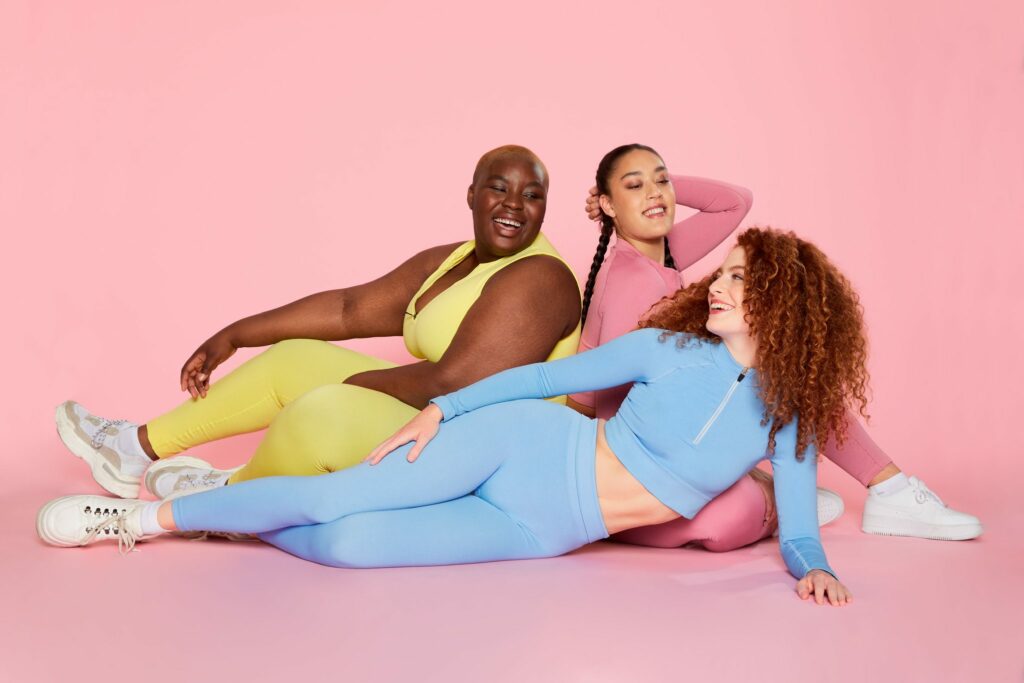
Diversity and inclusion has always been a priority for Tala.
Beverley says that it invested a huge amount of time into making sure its first-ever shoot was as diverse as they could make, something that not all retailers strive towards.
“It was shocking how much kudos we got because to me that was the bare minimum,” she says.”We hadn’t considered ourselves truly inclusive until we had expanded our size range.”
While diversity and inclusion is often seen as a branding issue, Beverley insists it runs much deeper than that.
“People need to be able to know how to shop your clothes, what it’s going to look like on their skin tone and body type,” she says, adding that diversity shouldn’t been seen as a “sprinkle on top, it should be the essence of your business”.
With its latest prodjct drop receiving mass praise for catering to all body types this week, doubling down on inclusivity while remaining true to its sustainable roots is paying off for the activewear disruptor.
Click here to sign up to Retail Gazette‘s free daily email newsletter

